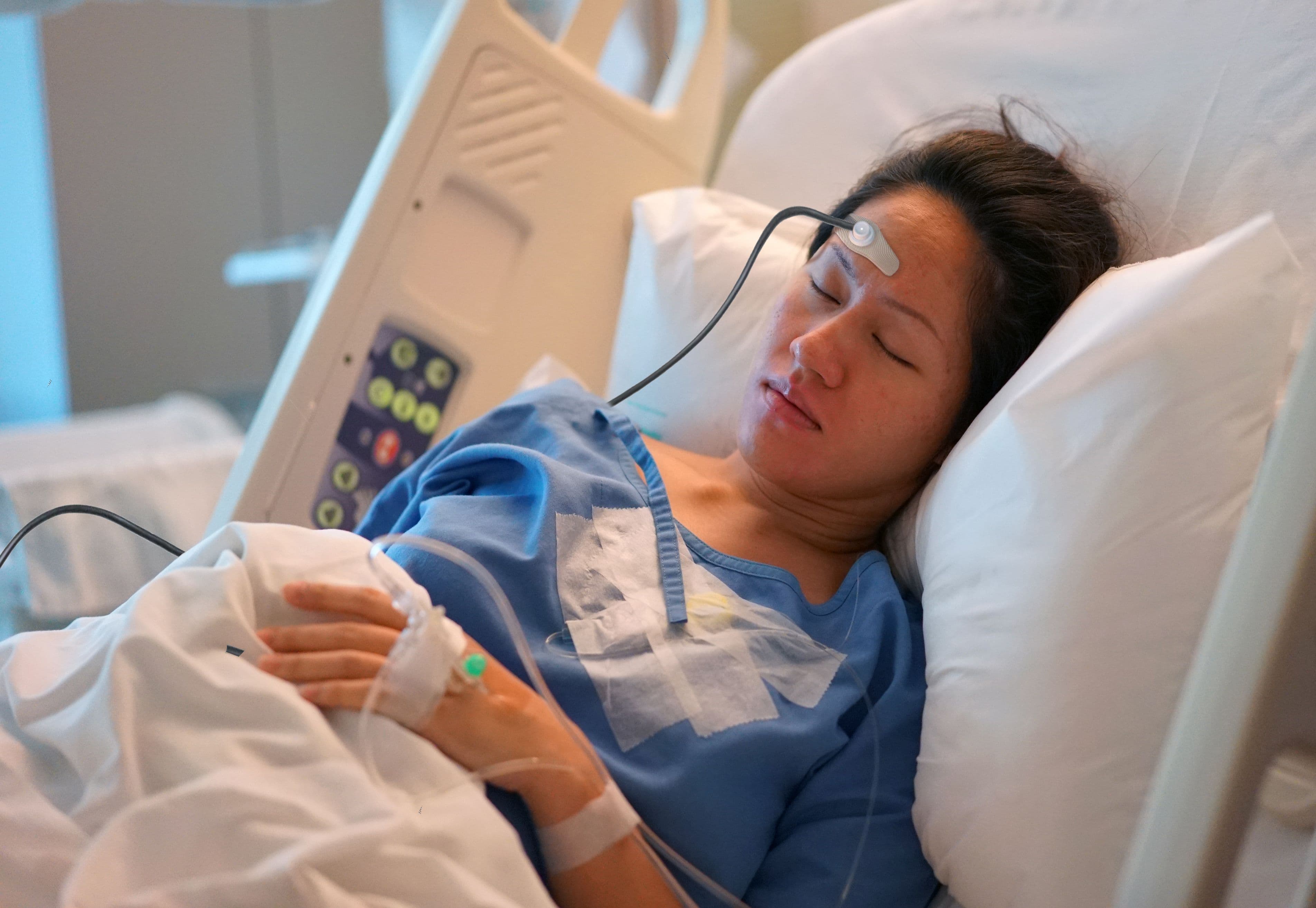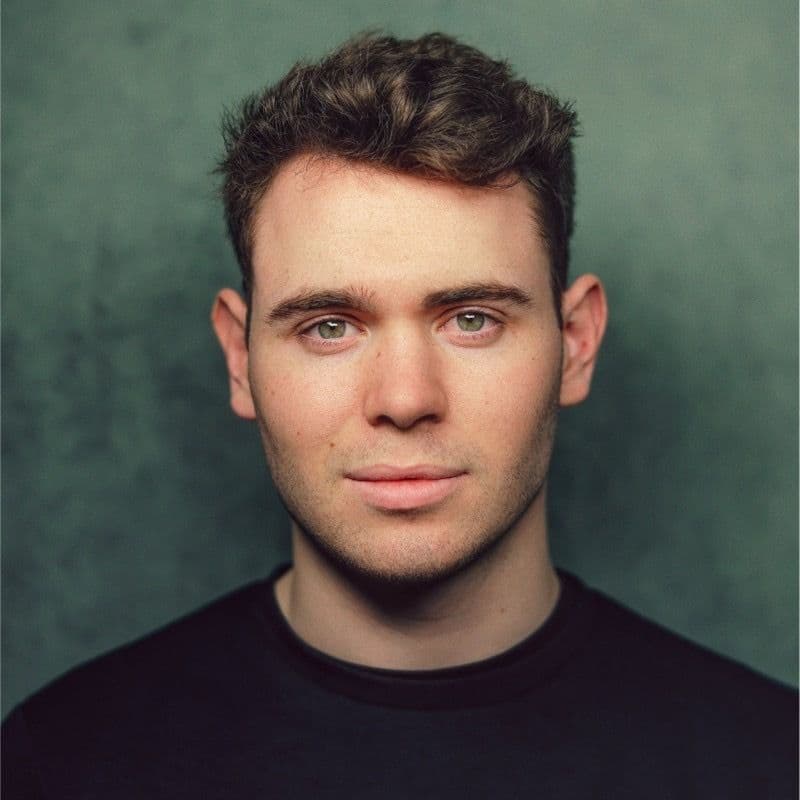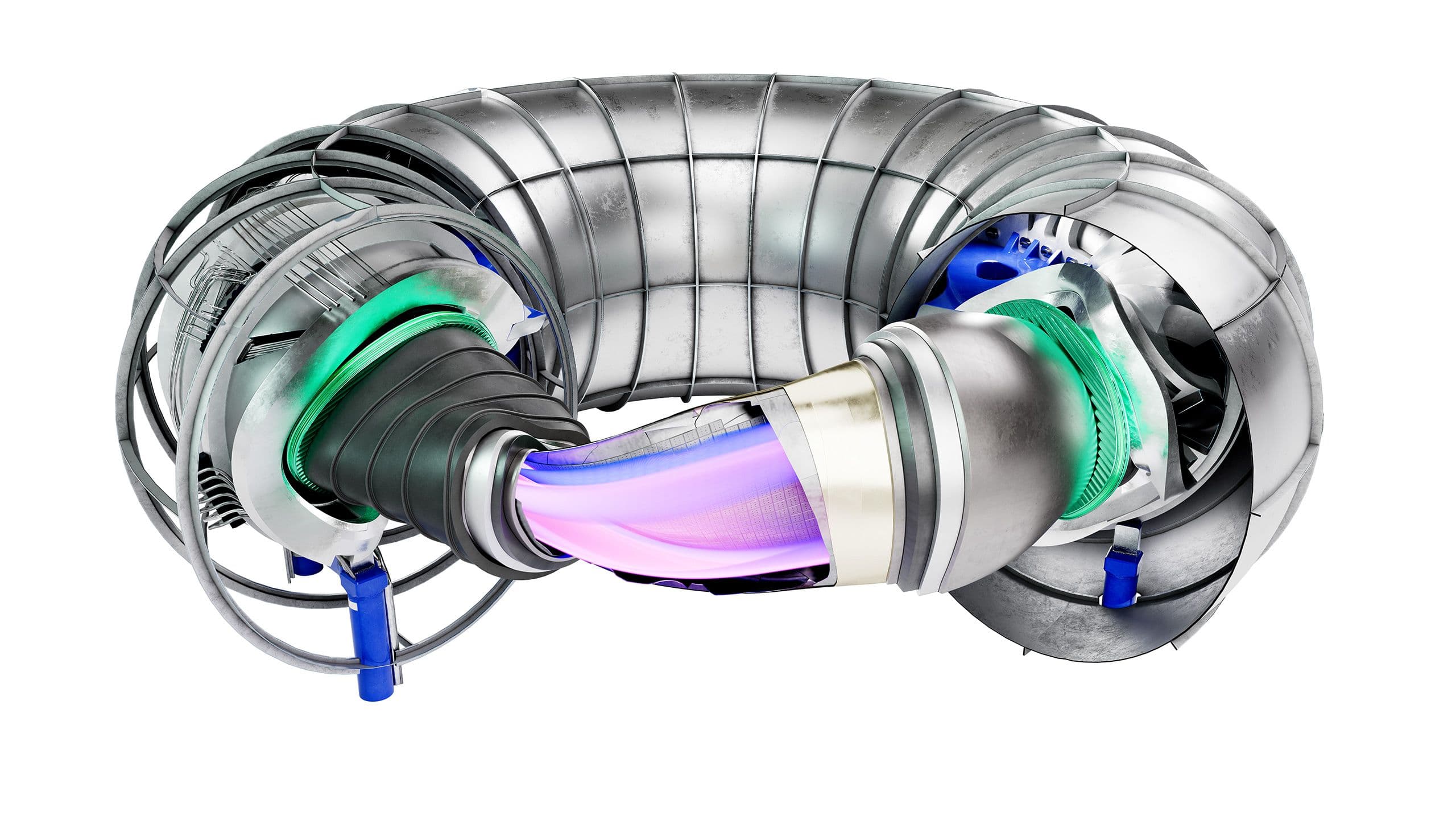Why we invested in CoMind
by Taavet HinrikusFor decades, doctors treating critically ill patients have been forced to compromise when monitoring the brain. Today's approaches use risky, expensive, highly invasive procedures that require drilling a hole into a patient's skull, or rely on inaccurate non-invasive monitoring that can compromise treatment decisions.
For example, there are 3 million Traumatic Brain Injuries (TBIs) annually in the US. The current standard of care for these patients requires drilling a hole into the patient's head and taking an invasive intracranial pressure measurement. This measurement can only be taken in the most severe cases as it’s so invasive, which limits its use to only about 5% of these patients. Of the patients that do get this procedure, there is a 15% complication rate which leads to worse patient outcomes and significantly increased costs.
Another example is patients undergoing cardiac surgery, where the blood flow to the brain can be affected during the procedure. More than 2 million of these procedures are performed worldwide each year, and between 2-6% of these patients have strokes due to inadequate monitoring of cerebral perfusion.
There are dozens of other patient groups who suffer worse outcomes and increase healthcare costs due to the lack of adequate cerebral perfusion monitoring. There are tens of millions of patients worldwide that would benefit from better tools to track what’s really going on in the brain.
CoMind, based in London, is aiming to tackle this challenge head on.
CoMind’s vision
CoMind is working to build a global platform for patient monitoring, based on its optical neuromonitoring technology. CoMind One is designed to measure three key brain health indicators simultaneously and non-invasively: cerebral blood flow, cerebral autoregulation, and intracranial pressure - something that has never been possible before.

This is only the beginning for CoMind, which plans to expand its product portfolio to measure additional physiological parameters and further develop CoVision, an AI platform that transforms sensor data into predictive insights, identifying potential complications early and personalising treatment to improve patient outcomes.
The company is led by a true outlier of a young founder who has hired a world-leading team of experts around him, as they build what can become a huge business by transforming how we monitor our brains.
A prodigy founder with a top team
CoMind’s CEO and founder, James Dacombe, has played a leading role in advancing this breakthrough technology. He started programming when he was 13 and founded the company when he was 17, after a family and close friends had suffered from strokes, mental health problems and Alzheimer's, prompting him to ask why we understand so little about the brain.

This question led him to study how near-infrared light can measure the brain, an area of research that has been active for 30 years, but until CoMind has only been able to deliver rudimentary clinical results.
Now 25 years old, James’s combination of relentless work ethic and rapid learning rate have led him to build a working product and take it through two successful clinical research studies, with the help of a stellar leadership team of medical and industry veterans.
These include Chief Medical Officer Marc Bloom, who has 40 years of neuroanesthesiological experience and came out of retirement to help build CoMind, and Chief Commercial Officer Chema Garcia-Soto who has more than a decade of medical device sales experience. There’s also Chief Scientific Officer Rob Cooper, a professor of biomedical optics at UCL, VP of Clinical Xavier Lefebvre, who has overseen hundreds of clinical trials at medical device giant Medtronic.
At the board level the company has hired Mike Tarnoff, previously CEO and surgeon-in-chief at Tufts Medical Centre and former Chief Medical Officer at Medtronic.
What's next
CoMind is now aiming to get regulatory approval for its technology within two years, at which point it will begin selling to the huge ICU market in the US.
And while this first sensor can revolutionise TBI monitoring, the company is now working on a second device to measure even more parameters and treat more brain conditions. CoMind is also developing an AI system that will interpret data from its sensors to analyse patterns, predict complications and guide personalised treatments in real-time, as it builds what can become the leading global platform for brain monitoring.
The company’s technology has the potential to dramatically improve how we monitor our brains, giving doctors better information and more choices for treating patients, building out a whole extra market by providing a far more affordable and safe alternative to existing solutions.
This makes CoMind a classic Plural investment: a startup that can make a huge global impact, built in Europe.


